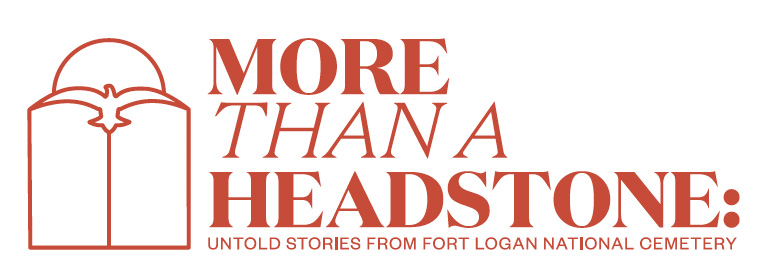Wartime Hospitality
By Dylan Fox
Jerome Andrew Jacobs
February 22, 1921- August 10, 2014
Jacobs as a young man. (Courtesy of an upload to Legacy.com)
Jerome Jacobs was born to Anthony and Agnes Jacobs on February 22, 1921. In an oral history interview with Regis University, Jerome proudly recounted sharing a birthday with George Washington.[1] The Jacobs family spent the first ten years of Jerome’s life in Minneapolis before his father moved them out to Denver to save on shipping costs for his furniture business.[2] After high school, Jerome spent two years studying at university in New Mexico before moving back to Denver and following in the footsteps of his older brother Francis by enrolling in what was then Regis College.[3] Jerome also took engineering classes at the University of Denver, a field that would ultimately come to guide the rest of his military and civilian career.
After only a few years at Regis, Jerome’s education was halted by the beginning of World War II and he was pulled out of college by the draft. Jerome was sent to Camp Abbot in Oregon for basic training as a combat engineer as part of the 14th Air Force of the Army Air Forces; Camp Abbot was constructed in the Deschutes National Forest to model the forested landscapes of Italy and Germany where most engineers like Jerome expected to be sent – he had no idea he would end up being sent thousands of miles away from Europe to one of the most underrepresented theatres of the war. When Jerome was deployed, he spent months traveling on an odyssey that took him from a Christmas in Casablanca, through the Suez Canal, a train across India, before finally ending with his first flight to China.[4]
When Jerome finally arrived at his post he was assigned to an engineering team that handled daily logistical operations in basis built for Chinese Nationalist forces defending against the Japanese invasion. His tasks ranged from drafting maps and blueprints for new bases to building furniture for new buildings. Jerome and his team were spent months traveling around different American-built bases within China, handling whatever maintenance or construction tasks were required of them. During what seems to be the entirety of his tour, Jerome and the logistical team of the 14th Air Force seemed to have been consistently undersupplied; he recounts having to craft his own rulers and relying on private Chinese citizens to source essential goods, “Our own government couldn’t even give us a typewriter.”[5] Despite issues like language barriers, which often required multiple translators to relay orders in the variety of dialects, Jerome seemed to be impressed by the efficiency of the Chinese contractors he worked with.[6] In a decision that Jerome described as “the great humor of the Army,” he and a small team of four other engineers were sent to assist in the construction of a new airbase, Huhsien Airfield (now Huxian Airport) near Xi’an, in March of 1944.[7] A few months later after building up a degree of rapport with his fellow engineers, Jerome recounted how his most memorable experience within the service was on the 4th of July when the families of some of the Chinese contractors took it upon themselves to organize a celebration complete with fireworks, food, a hand-sewn American flag, and a newly built flagpole to raise it upon.[8]
After spending 19 months in China without consistent access to information on the progress of the war, Jerome and his team received word of Imperial Japan’s surrender on August 6th of 1945. They left China shortly thereafter.[9] Once back in the United States, Jerome resumed his education, ending up graduating with a degree in philosophy from Regis College – he joked that “I took a little bit of this, a little bit of that … They looked up my records and said, ‘He doesn’t need any more credits,” … So, they gave me a degree in philosophy. Like my older brother said, ‘If they didn’t know what to do with a guy they just gave him a degree in philosophy.’”[10] Jerome married his wife Vivian in 1946 and then used his engineering experience from the service to secure a job as a draftsman at a lumber company.[11] One of the souvenirs that Jerome had kept from his time in China was the hand-made flag that was gifted to him and each 4th of July he flew that flag as a way to honor the support of the Chinese he had served alongside.[12]











